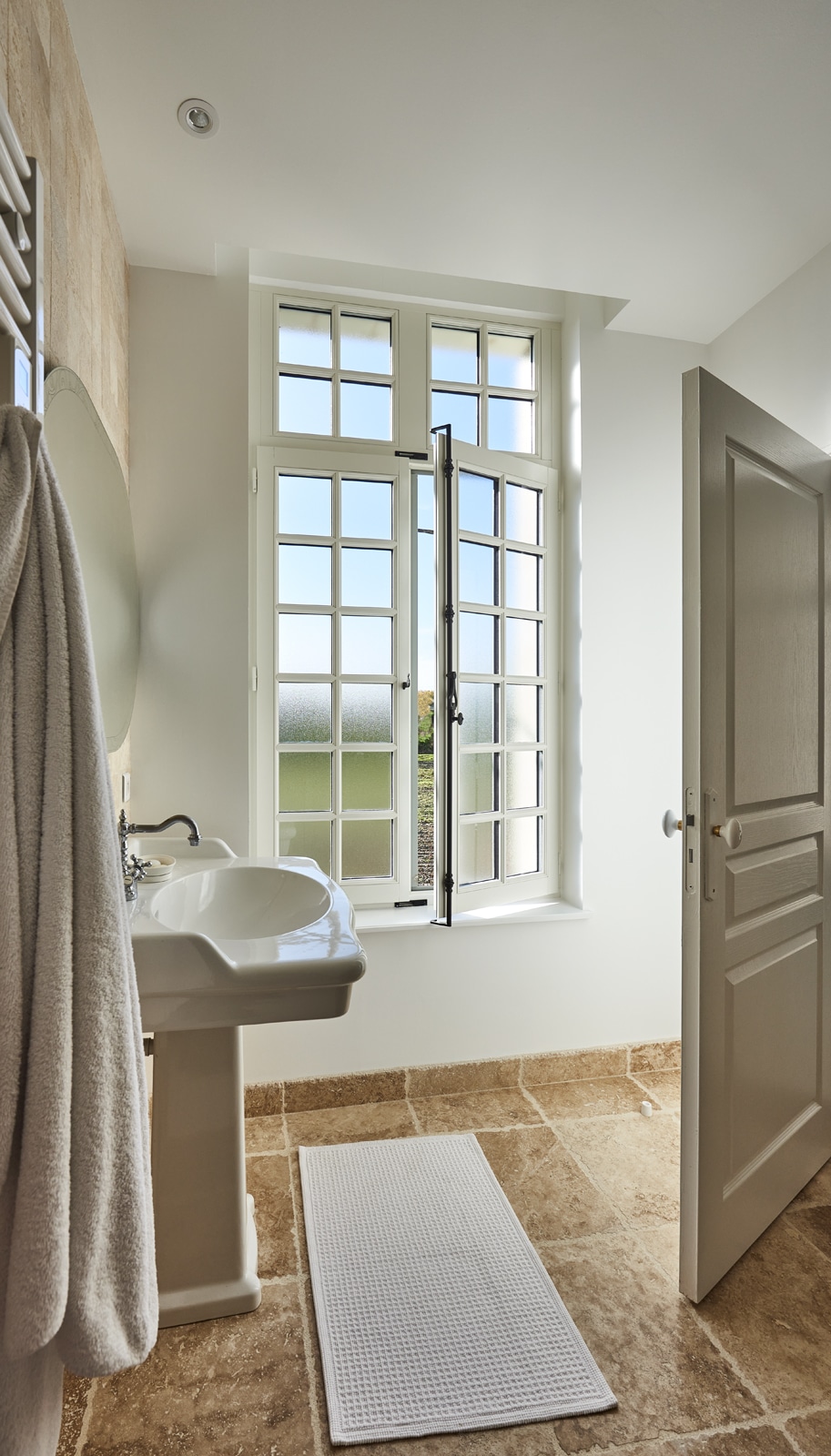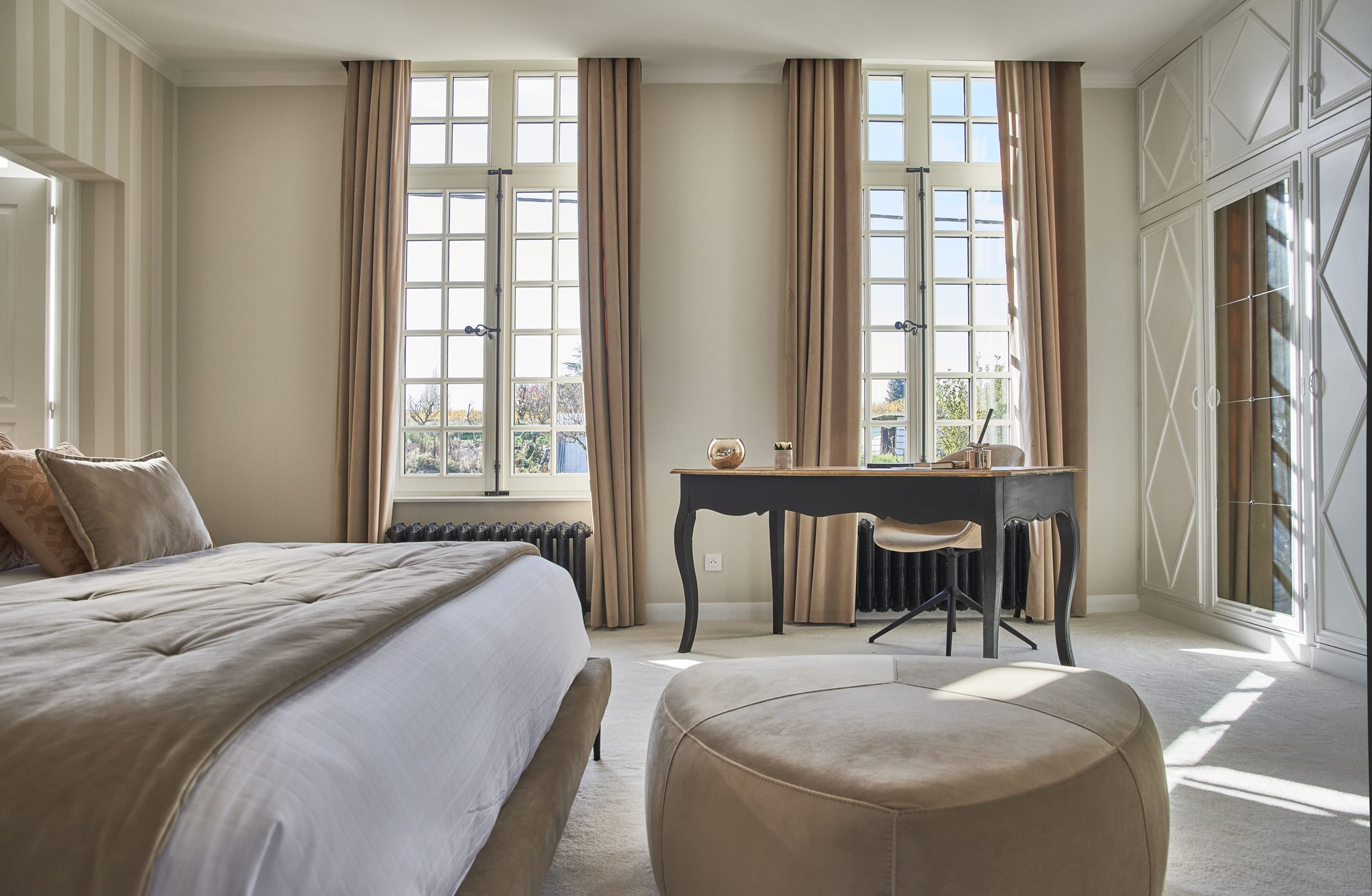In today’s fast-paced world, where people spend a significant portion of their time indoors, the quality of indoor air has a profound impact on our health and well-being. According to the Environmental Protection Agency (EPA), indoor air quality can be two to five times worse than outdoor air, highlighting the importance of understanding and addressing common contaminants. Maison Janneau, a leading French window manufacturer dedicated to the luxury market in the United States, believes that good indoor air quality is essential for creating a comfortable and healthy living environment. In this article, we’ll explore the seven main contaminants that affect indoor air quality and discuss ways to improve it for a breath of fresh air in your home.
Radon: The Invisible Threat
Radon, an invisible radioactive gas naturally formed by the Earth, poses a significant health risk when accumulated at high concentrations indoors. It decays to produce radioactive particles that can damage lung cells and increase the risk of lung cancer, especially with prolonged exposure. Modern buildings’ energy-efficient designs may contribute to radon accumulation, emphasizing the importance of proper ventilation and monitoring.
PM (Particulate Matter): The Airborne Particles
Particulate matter (PM) comprises a variety of pollutants, including liquid, dust, and dirt particles suspended in the air. These tiny particles can enter the bloodstream and lungs, leading to respiratory issues, allergies, and cardiovascular problems. Indoor sources of PM include burning candles, cooking, smoking, and woodworking, highlighting the need for proper ventilation and air filtration systems.
CO2: Stagnating Air
While carbon dioxide (CO2) is a naturally occurring gas, elevated levels indoors can impact sleep and productivity. Poor ventilation and increased indoor CO2 production from exhaled air contribute to higher concentrations. Symptoms of high CO2 levels include headaches, increased heart rate, and drowsiness, emphasizing the importance of adequate ventilation to maintain indoor air quality.
Mold: The Silent Intruder
Mold, a type of fungus, thrives in damp environments and poses health risks such as allergies, respiratory issues, and skin irritation. Excessive humidity levels and poor ventilation create ideal conditions for mold growth, highlighting the importance of moisture control and regular inspection for mold remediation.
Humidity: Finding the Balance
Maintaining optimal humidity levels is crucial for indoor comfort and health. High humidity levels promote mold growth, while low humidity levels can lead to dry skin and respiratory issues. Daily activities such as cooking, cleaning, and showering contribute to indoor humidity levels, underscoring the need for proper ventilation and humidity control measures.
VOCs: The Hidden Dangers
Volatile Organic Compounds (VOCs) are emitted by various household items such as paints, cleaning products, and new furniture. These chemicals can cause short-term health effects such as irritation and headaches, as well as long-term effects including respiratory diseases and impacts on the central nervous system. Minimizing VOC exposure through proper ventilation and using low-VOC products is essential for maintaining indoor air quality.
Conclusion
Maison Janneau understands the importance of good indoor air quality for creating a healthy and comfortable living environment. By providing high-quality wood windows and French luxury windows, Maison Janneau ensures proper ventilation and natural light, contributing to improved indoor air quality. Additionally, incorporating air filtration systems, monitoring radon levels, and controlling humidity are essential steps in maintaining optimal indoor air quality in your home.
As we spend the majority of our time indoors, the quality of indoor air has a significant impact on our health and well-being. Understanding the common contaminants that affect indoor air quality and taking proactive measures to address them is essential for creating a healthy living environment. Maison Janneau is committed to providing luxury wood windows and French windows that not only enhance the aesthetic appeal of your home but also contribute to improved indoor air quality. By prioritizing ventilation, humidity control, and minimizing indoor pollutants, you can breathe easy and enjoy a healthier home for years to come.







